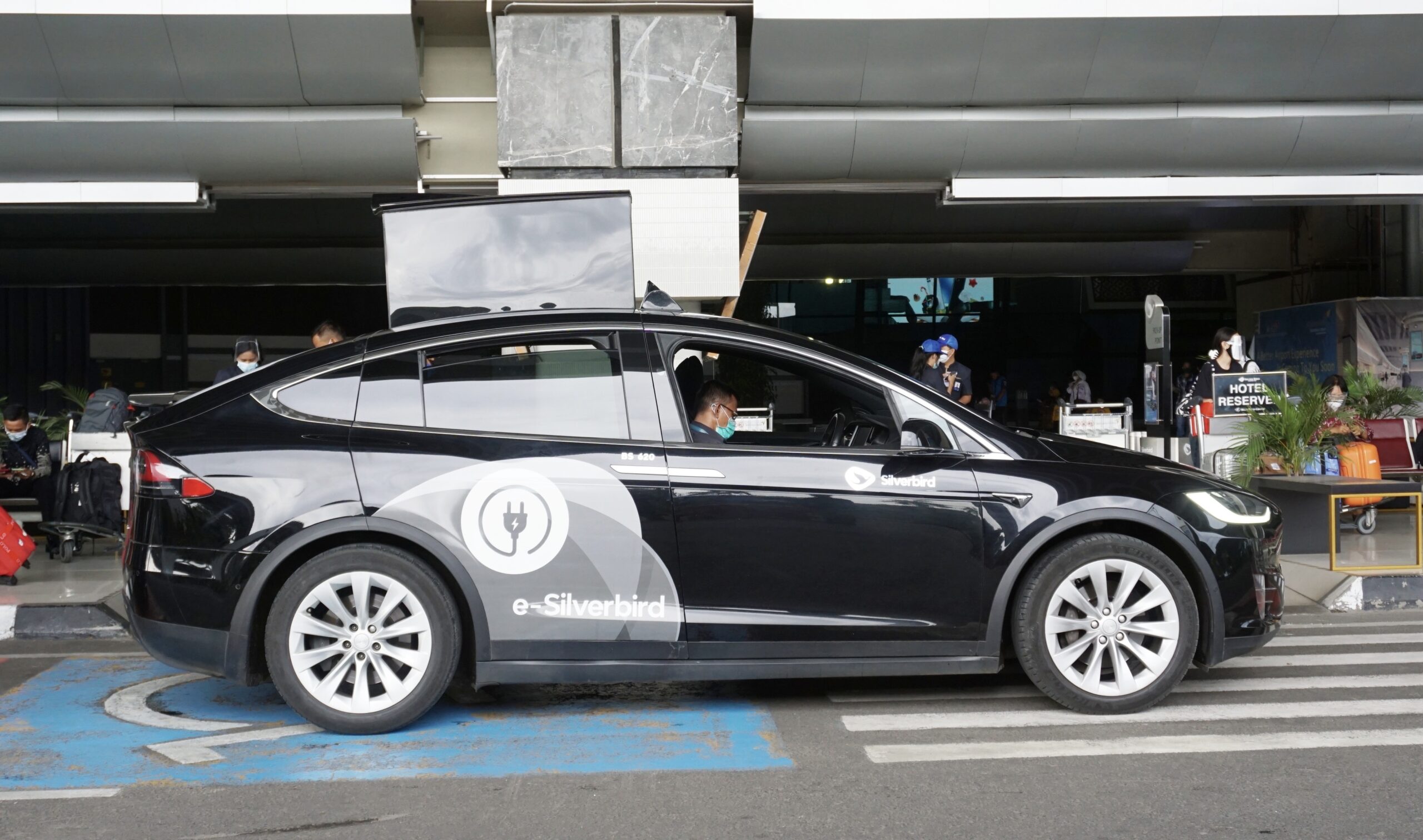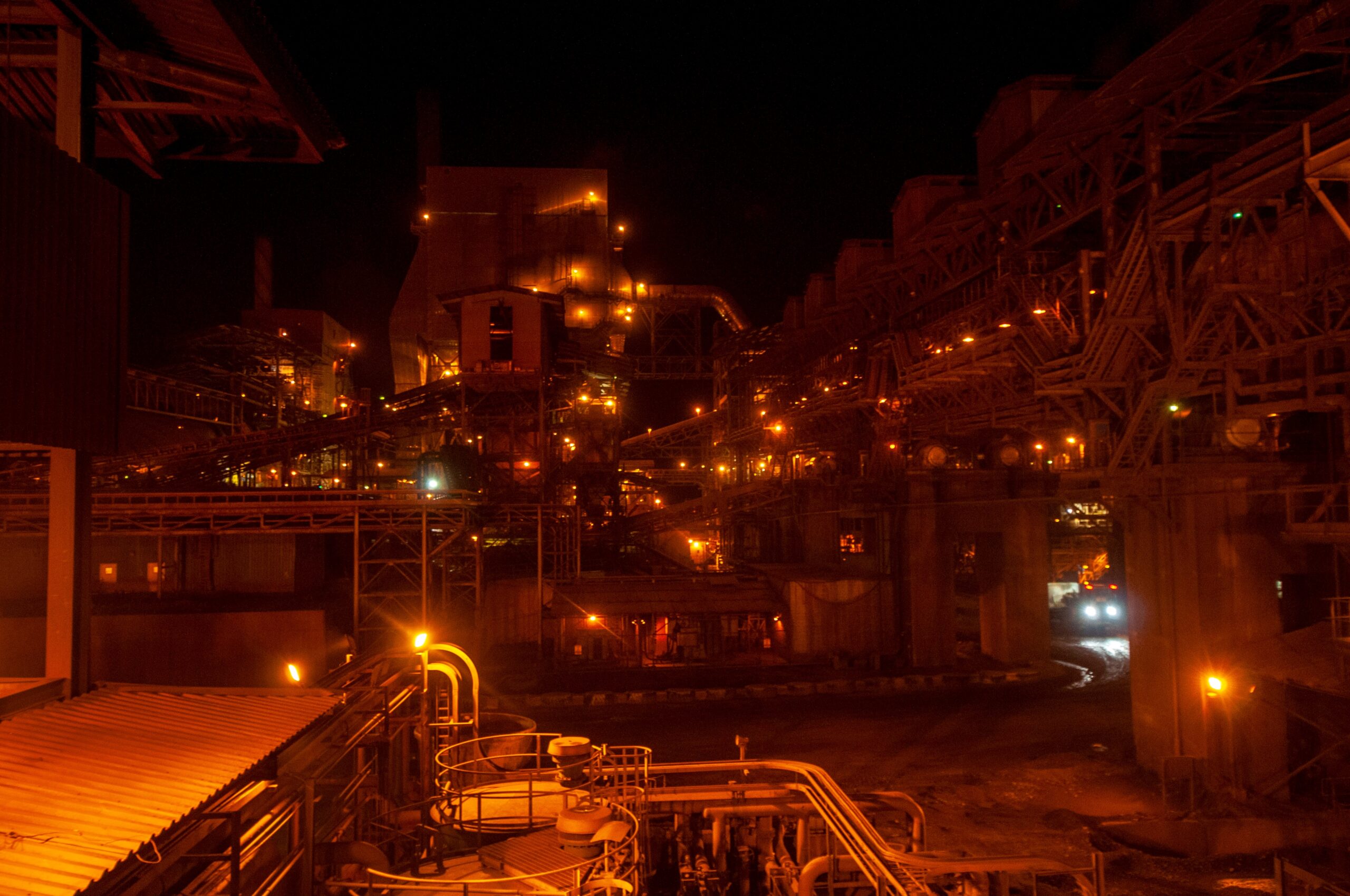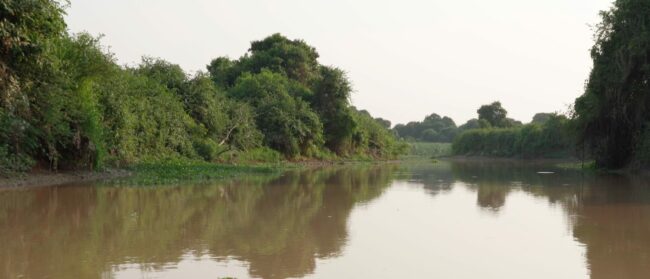In the global electric vehicle (EV) race, Tesla Inc. holds pole position. As the company continues building a brand as the future of sustainable transport, the American automotive firm is catching the eye of Southeast Asian dealmakers.
Tesla’s continuing growth and Indonesia’s abundant supply of a key ingredient for the company’s products make the two a natural business match. But as Tesla speeds into Southeast Asia, the dirty side of sustainable vehicles is sullying the company’s winning streak.
Indonesia is one of the world’s most significant repositories of nickel, a primary material in EV batteries. With a reserve of 21 million metric tonnes (23.1 U.S. tons) in 2021, national nickel production reached 2.24 million metric tonnes (2.47 million U.S. tons) in 2021, up 2.17% from 2020, according to ESDM, Indonesia’s energy and mineral resources ministry.
Inviting an investment is not as easy as flicking a finger.”
Luhut Binsar Panjaitan, Indonesia’ coordinating minister for maritime and investment
Tesla still dominates EV market share globally. In the first quarter of 2022, the sales of the company’s electric cars hit more than 310,000 units, 68% higher than the figure in the same period last year. While a Bloomberg NEF report predicted worldwide EV production is expected to hit 14 million vehicles in 2025, CEO Elon Musk said in an interview with a Tesla owners club published 22 June that the company was “losing billions of dollars” due to battery production and supply chain problems impacting factories in Berlin and Texas, Reuters reported.
Indonesia President Joko Widodo hosted Tesla officials in May to discuss the company’s nickel mining aspirations. Coordinating Minister for Maritime and Investment Luhut Binsar Panjaitan met with Musk and said the government is negotiating with the manufacturer.
Beyond mining, Indonesia attempted to lure Tesla with a proposal for a factory with an annual production capacity of 500,000 cars.
“Inviting an investment is not as easy as flicking a finger. [Tesla’s plan] is a huge investment. We must be patient so the investment can bring benefits to Indonesians,” Panjaitan said in a 23 May statement.
Even though EVs can reduce air pollution, which a report from The World Health Organization (WHO) found accounts for 7 million deaths annually, the market’s expansion poses other environmental risks that cannot be taken lightly.
While some were pleased about Tesla’s prospective stake in Indonesia, environmental groups raised concerns that EV development will hurt the country’s ecosystem and the livelihoods of residents near mining sites.

Environment debate
Indonesia’s environmental NGO, Walhi, warned of the environmental damage of nickel mining should Indonesia supply the elemental metal for Tesla’s EV batteries.
Around 6,932 square kilometres (2,676 square miles) of forest have been handed over to nickel mining companies, according to an open letter from Walhi to Musk and Tesla investors.
Nickel waste has triggered siltation, a form of water pollution caused by sand or soil blockage, in the basins of the Pongkeru and Malili rivers in South Sulawesi province, according to Walhi. The group’s petition also noted more than 40 square kilometres (15 square miles) of rainforest disappeared because of mud shifting into Mahalona Lake due to mining.
Nickel extraction also decreases local fishing income by up to 50%, an issue the petition noted already plagues residents of Wawonii Island in Southeast Sulawesi.
Melky Nahar, an environmentalist at JATAM, a nonprofit mining advocacy network, said Tesla would rely on multinational mining company Vale Indonesia for its nickel supply due to an existing, long-term partnership.
Tesla registered Vale as its direct nickel supplier, while Albemarle Corp., Livent Corp. and a Chinese company, Sichuan Yahua Industrial Group Co., are contracted to supply lithium, according to Tesla’s 2021 Impact Report.
Deshnee Naidoo, Vale’s executive vice president of base metals, said the agreement “reflects a shared commitment to sustainability” and that its nickel products are essential for EV batteries. Vale did not reveal the value or duration of the deal.
Despite the stated support for sustainability, Vale has been accused of improper business practices including environmental damage.
Vale’s mining activity in East Luwu, South Sulawesi, sparked protests in 2016 from environmental activists and experts over claims of “toxic waste,” Melky said.
“In 2014, the oil spill allegedly from PT Vale Indonesia contaminated the Lampia Sea,” Melky said, adding that the Sorowako indigenous community protested company land seizures for mining.
The Walhi South Sulawesi chapter asked PT Vale Indonesia to temporarily halt nickel mining in the area due to sulphur waste allegedly contaminating Mori Island’s ecosystem.
CEO Nico Kanter denied allegations in 2019 that the company destroyed South Sulawesi forests for nickel mining.
“Even though we fulfil our nickel needs, we are not destroying the forest.,” Kanter told Mongabay. “We apply for forestry permits to the government and we always carry out rehabilitation and reclamation programs properly in accordance with the rules.”
Accusations of human rights violations against anti-mining protesters also have plagued Vale.
The Mining Circle Indigenous Community of PT Vale Indonesia Tbk held a peaceful demonstration on 12 March prior to meeting with the company’s director. The protest turned violent when a contractor tried to disperse the crowd by driving a bus at protesters, who later threw rocks at the vehicle.
An online petition to free demonstrators detained at the event has garnered more than 1,000 signatures. Vale Indonesia declined a request for comment on the petition.

Policies and practices
Bisman Bakhtiar, a mining law expert at the Centre for Energy and Mining Law Studies, said nickel used for vehicle batteries differ from industrial uses, while no mining practices are eco-friendly, especially “open-cast” operations that remove minerals from open pits.
“Nickel used for EV batteries are the high-grade ones. However, more advanced and costly technology can process low-grade nickel, too,” he said, adding that nickel for EV batteries is purified using smelting facilities.
Hugh Sutherland, CTO of U.K.-based energy management consultancy Carbon-Ion, said fossil fuel use could not be separated from Indonesia’s energy transition and EV development.
“I think the resource constraints of extraction of the various minerals probably hadn’t been considered quite so well as this kind of emissions,” Sutherland said. “It’s tough for people interested, as we all should be, in sustainable transition to a fossil-free future.”
While Sutherland stressed the importance of research aimed at reducing pollution and environmental damage from mining, he said smelters rarely used renewable energy.
“A smelter you need to run all the time because heating up and cooling down is a bit energy-intensive,” Sutherland said. “But I think recycling is how you end up reducing the need to take more resources out of the air… success is going to depend on how much money the government puts into funding research.”
Among several requirements Indonesia laid out for Tesla’s investment was the use of eco-friendly technology. Indonesia’s law on mineral resources and coal stipulates mining concession holders must conduct 100% successful, post-mining rehabilitation. Failure to comply carries a fine up to $6.8 million (Rp 100 billion).
Indonesia can minimise environmental damage by consistently enforcing compliance with existing regulations, Bakhtiar said.
“The government must make sure that multinational companies investing in Indonesia must stick to sustainability standards, meaning only companies with eco-friendly technologies can operate in Indonesia,” Bakhtiar said, adding that mining operations must include environmental permits and impact analysis.
Tesla stressed the importance of direct contact with mining companies supplying critical minerals to ensure responsible practices.
“While cobalt, nickel, and lithium go through multiple processing steps by different companies, some of the more important environmental and social risks in this supply chain are present at mine sites,” the company said in its 2021 impact report, adding that direct sourcing from mining firms enabled “more transparent and traceable supply chains.”
Despite regulations and processes to increase environmental protections, Melky said Indonesia’s EV initiative does not help residents whose land has been used for mining.
“The process still needs coal amid our plans to reduce dependence on fossil fuel,” he said.


